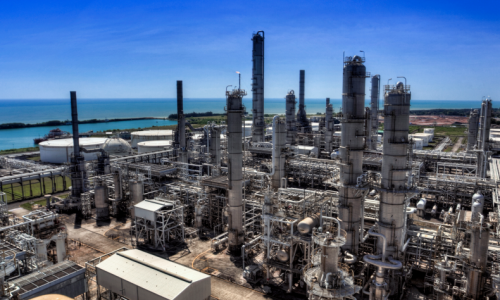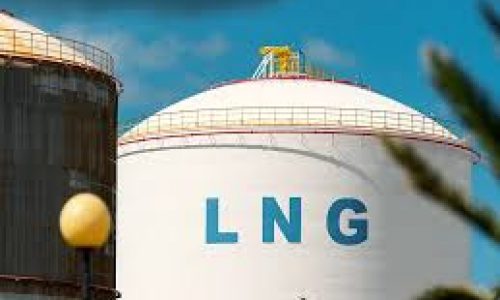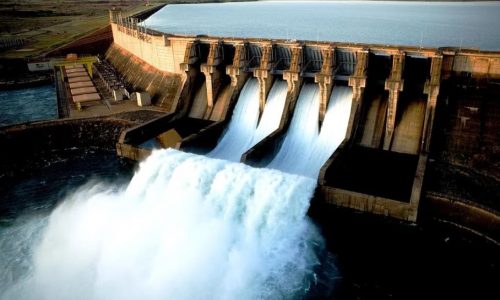With over 28,188 electronic vehicle (EV) units all over Indonesia – consisting of cars, motorcycles and buses – the nation still suffers from lacking of infrastructure. However, the door for investors to EV infrastructure is still wide open.
In 2022, Indonesia has committed to achieve the zero emission of 2060. Currently, Indonesia is encouraging its citizens to use EVs to support the zero-emission target. As one of the largest markets in Southeast Asia – a population of 273.5 million people, the rise of its middle-class population to about 52 million and the rise of economic growth to 5.44% year-on-year (yoy) – Indonesia has become a leading country in economy in some sectors.
Number of EVs is rising
The EV technology entered the Indonesian market as early as in 2012 and the development started in the same year. Since 2020, many transportation units are being replaced gradually over time. For example, Transjakarta, which started using electric buses in 2020, is testing the Blok M-City Hall route. Then, in 2022 PT Transjakarta has targeted 100 electric buses, Kompas.com reported on June 8, 2022.
President Joko “Jokowi” Widodo has told the public on March 16, 2022, that Indonesia was very interested in developing EVs further and expanding the industry, especially the battery industry. The president hoped that EVs would become the main transportation unit and enhance sustainability in Jakarta.
Data from the Ministry of Transportation on October 3, 2022, revealed that there were 28,188 units of EVs. The figures included 6 electric freight cars, 56 electric buses, 280 electric three-wheeled vehicles, 4,904 electric cars, 22,833 units of electric motorcycles and around 109 units of converted motorcycles.
Supportive government
The government has been very supportive of developing EVs and increasing the number of vehicles through incentives and encouragement. A lot of available conversions on vehicles are now available through trusted certified car/motorcycle repair shops throughout Indonesia. As stated by the transportation ministry during the Electric Vehicles Indonesia exhibition at JIEXPO in Kemayoran, Central Jakarta, on October 5, 2022, there were 10 certified repair shops for vehicle conversions namely:
- Energy and Mineral Resources Ministry’s Research and Development Agency (Litbang ESDM);
- PT Braja Elektrik Motor;
- Elders Garage;
- Juara Bike (SELIS);
- 10th November Institute of Technology (ITS);
- PT Percik Daya Nusantara;
- PT Nagara Sains Konversi;
- PT Handhika Garda Parama;
- PT Tri Mentari Niaga;
- PT Roda Elektrik Gemilang.
Through regulations such as incentives for EV users listed on the Ministry of Finance Regulation (Permenkeu) No. 138/PMK.02/2021, electric motorcycles will receive an incentive worth IDR 4.5 million each, while electric cars and buses will receive IDR 13.2 million each. Other incentives include fiscal incentives on vehicle test and certification (SUT) tariffs for motorcycles about IDR 1 million each and for electric cars and buses will receive about IDR 5 million each.
Investments still open
The realization of zero-emission through EVs is influenced by infrastructure availability and capacity. According to otomotif.bisnis.com, Indonesia has 267 Public Electric Vehicle Charging Station (SPKLU) that is spread across 46 Indonesian cities and 92 locations nationwide.
With the target by 2030, there will be around 13 million units of motorcycle EV conversion, aiming to attract the interest and growth of EVs among the Indonesian population. This means there will need a lot of charging stations and other EV-related infrastructures to be ready if not instantly available.
According to Jakarta Police Traffic Division Deputy Head Sr. Adj. Comr. Rusdy Pramana, Indonesia still had a limited amount of charging stations for supplying the vast amount of EVs. While according to the energy ministry (ESDM) in 2021 alone, there were 122 units of EV charging stations. Meanwhile, Katadata.co.id, estimated Indonesia would need around 170,000 charging stations for at least 2.7 million units of two or three wheeled EVs.
Currently, Indonesia is lacking the available EV charging station infrastructure in Jakarta that is concentrated in certain areas of the city. The lacking of available charging stations might prevent users to go far from the charging stations. While other car brands have certain exclusive rights on their EV charging stations that are only reserved for their own brands while others should wait in a queue.
Risk on charging station infrastructure
The availability of charging stations can be an obstacle, considering that in reality a number of EV charging stations are based on certain brands. This will result that only particular EV brands have the privilege to charge their cars while other brand products should wait in line.
EV charging stations might be good for universal use, but with the large number of EV vehicles that keeps increasing, it is good to say a lucrative opportunity to set up more SPKLU EV charging stations. Some EV charging stations have already set their eyes on Indonesian EV charging station infrastructures for motorcycles and cars or buses such as Exicom or B&D Transformers.
On the other hand, there are problems in the commercialization of EV technology and the development of how to use it effectively. Then, there are safety concerns regarding the readiness of the said technology development. Furthermore, on its integration parameters of EV charging stations throughout Indonesia.









